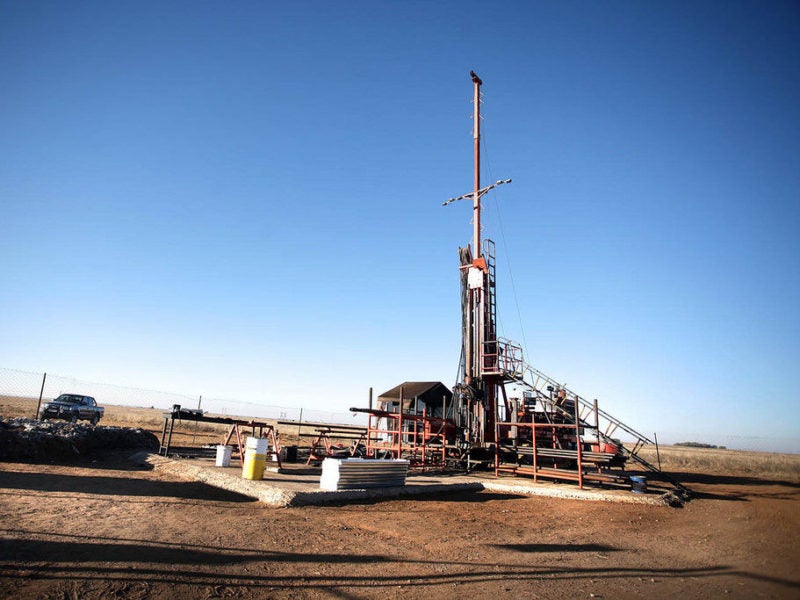
The Association of Mineworkers and Construction Union (AMCU) has announced that it has accepted a proposed deal to end its strike action at Sibanye-Stillwater’s operations in South Africa, which have been ongoing since last November.
The AMCU went on strike after failing to agree a new wage deal with the miner, unsatisfied at salaries for Sibanye-Stillwater gold miners which can be as low as R6,900 ($493) a month. The union has pushed for higher wages and assurances about the safety of the company’s operations, following a poor safety record at Sibanye-Stillwater mines, where 71 people died in 2018.
The new proposal was put forth by the Commission for Conciliation, Mediation and Arbitration (CCMA), an independent body that works to resolve workplace disputes. The CCMA mediated a summit between AMCU and Sibanye-Stillwater representatives. The final terms are broadly in line with the AMCU’s demands, offering an average salary increase of R5,000 ($352) a month and benefits including financial compensation for those affected by deaths at the miner’s operations.
While the AMCU had been hoping for a salary increase of R9,300 ($655) a month, to bring gold miners’ salaries in line with those in other industries, such as platinum mining where an entry-level miner can expect to earn R11,000 ($787) per month, union leaders have backed the deal following support for its terms from union members.
“AMCU leaders conducted mass meetings on Friday 15 March 2019, and at these meetings members accepted the proposed settlement by the CCMA in broad terms, before mandating the negotiating team to engage further with Sibanye-Stillwater on the implementation and method of payment, as well as the issue of back-pay,” said the union.
However, a ruling made by South Africa’s labour court this week could render the CCMA proposal obsolete. Last year, Sibanye-Stillwater reached a wage settlement with members of the National Union of Mineworkers, UASA and Solidarity, other mining unions in South Africa. As the AMCU strike dragged on, many of their members joined the other groups.
In December, membership of the other three unions collectively accounted for more than half of all South African miners, allowing Sibanye-Stillwater to claim that the majority of the country’s workforce had agreed to its wage deal. Under South African law, this would allow the company to impose its wage deal on the remainder of its workers. On Wednesday, the country’s labour court ruled that Sibanye-Stillwater is legally entitled to extend this deal to all of its workers, including striking AMCU members.
“We are extremely pleased with the ruling provided by the labour court,” said Sibanye-Stillwater CEO Neal Froneman. “It provides a clear path forward to resolving the ongoing strike in a manner which does not compromise our values or undermine our other stakeholders.”
The Sibanye-Stillwater deal lasts for three years, and sees monthly wages increase from R8,712 ($614) to R10,237 ($722), an total month increase of R925 ($65). However, this final salary is still lower than the figure of R11,900 ($839) that workers would receive if the company were to agree to the CCMA proposal. It is still unclear how the dispute will be resolved.


